Stock Market
'Tuesday' start in the stock market, Sensex jumped 300 points, Nifty crossed 25,900



Buyers seek a location that makes it simple for them to go to the locations they frequent the most (work, school, shopping, recreation, place of worship, friends and family). Check traffic movement and easy access to the main roadways.
By investigating this before making a purchase, you can avoid problems getting out of the neighbourhood and onto the main road or from an excessively long commute.
For many people, it's also significant where the house is situated in relation to the neighbourhood. Some people want to live close to the main entrance, while others prefer to be further inside the complex and away from the traffic.
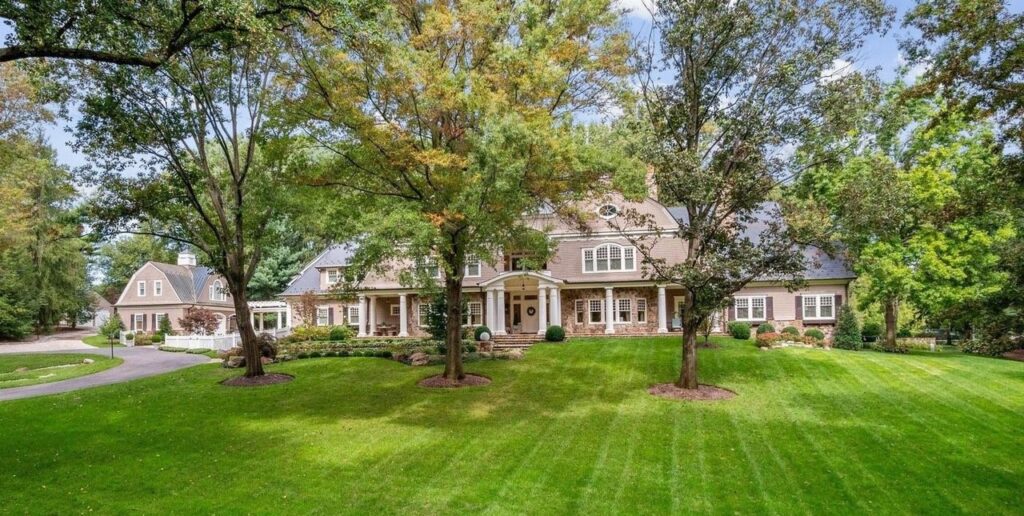

The size of the lot that a house is situated on is often not given any consideration. The lot sizes in a neighbourhood may be pretty uniform. You'll quickly discover if you clearly prefer large or tiny, corner or interior once you start attending showings and looking at what's available.
There are irregularly shaped lots, rectangular lots, and pie-shaped lots. This can be important to you depending on the degree of privacy, how you plan to use the lawn, and the size of the driveway.
Check the lot description and dimensions with your realtor if there appears to be a question as to where one lot stops and another begins. Consider your options if you come across a home with two lots.
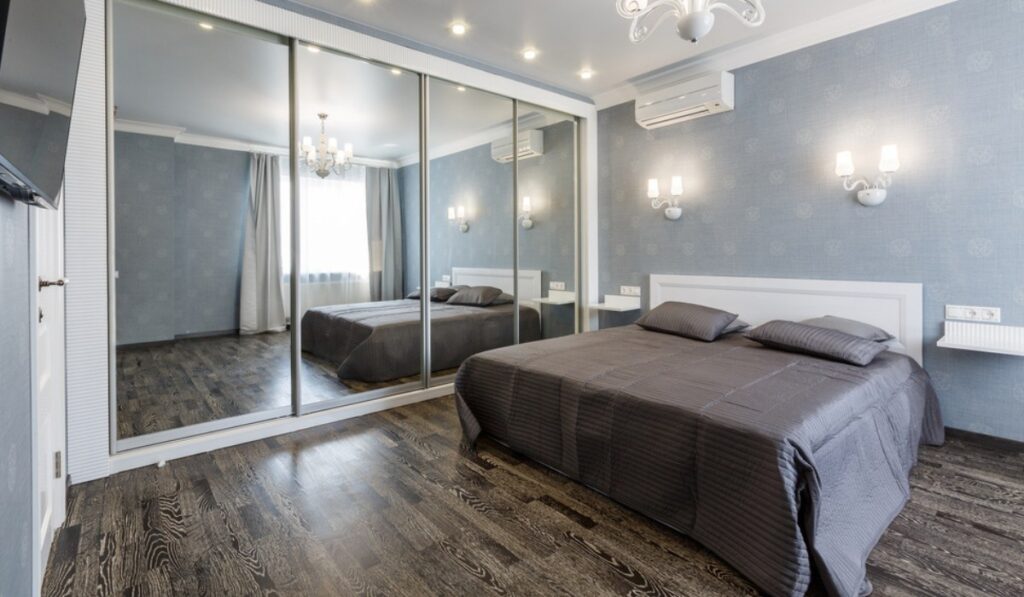

Each family will have a preference for the number of bedrooms. The majority of individuals will desire at least two, and the number rises if there are kids.
To accommodate varying bedtimes and study habits, some families want their children to share bedrooms, while others prefer separate bedrooms for each child. A bedroom that is designated as a guest room is good to have if you frequently receive guests for any length of time.
A second bedroom is frequently used as an office, den, playroom for children, or a gym. An additional bedroom is a great option for activities that need for workspace and supply storage. Consider your lifestyle carefully and what would improve it.
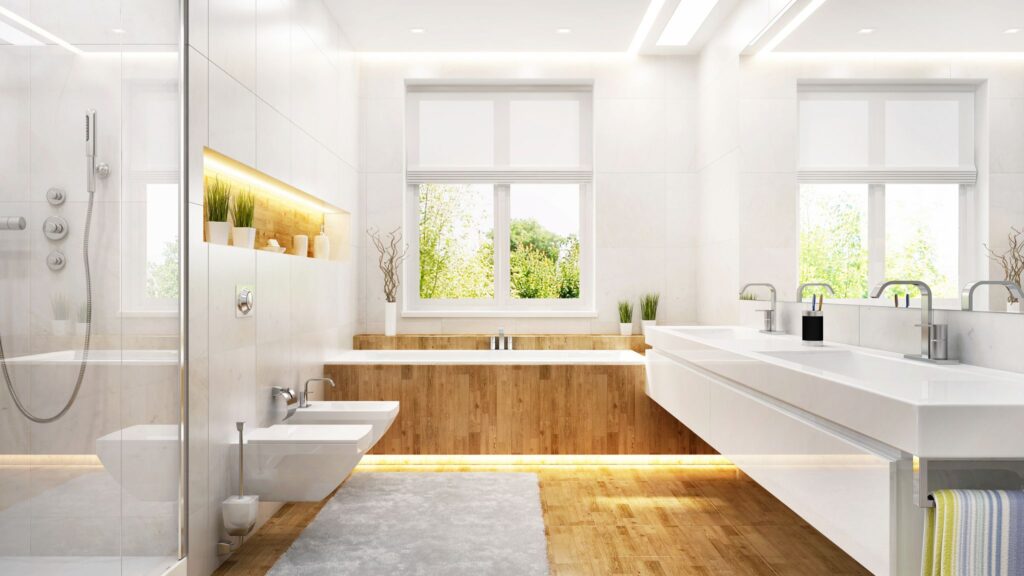

Choose how many bathrooms you want in advance. Buyers frequently look for ways to add extra bathroom to older homes because they may only have one.
Make sure you can live with the arrangement if there is only one bathroom in case renovation is not an option. Even though some bathrooms might not have a tub or shower, newer homes typically have two or more bathrooms.
Additionally crucial are a bathroom's size and design. Do you want a shower, a bathtub, or both? Although shower stalls are more convenient for certain people, Jacuzzi tubs are popular for relaxing. You might search for a large bath that could be renovated or a handicap accessible bathroom if you require one.
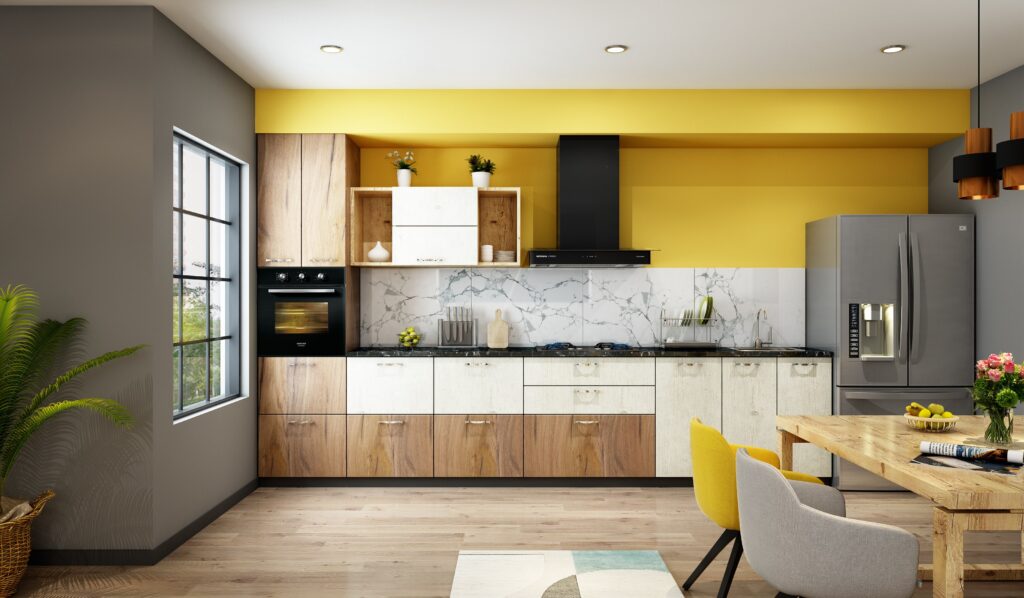

It appears like the kitchen is the centre of the house. For the family and friends who congregate there, wonderful cuisine is prepared there. The size and style of the kitchen are crucial since it serves as a hub of activity and amusement for visitors when they arrive.
Decide whether a standard kitchen will do or whether you require a huge gourmet kitchen with plenty of surface space, sinks, and storage.
Every family has an own perspective on cooking. There was the person who claimed the kitchen was only present because it was a part of the house! Then any kitchen would suffice.
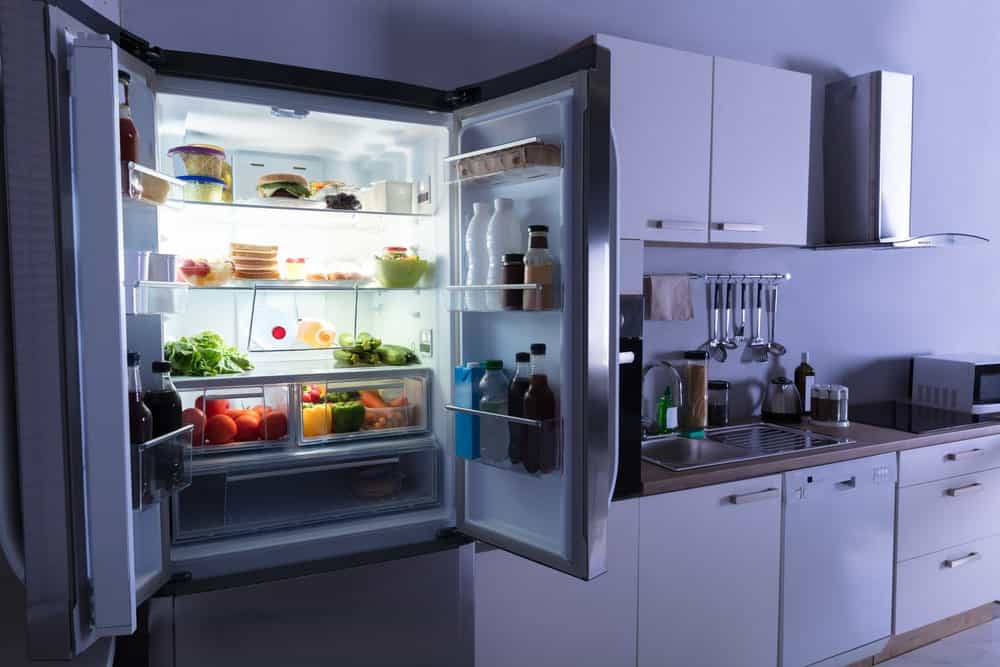

It costs a lot to replace an appliance. Spend some time determining each's age and condition. You might have some definite preferences as well. For instance, you might prefer using a gas burner for cooking and detest an electric range. These kinds of distinctions may be deal breakers for certain people. Inform your realtor whether they are a good fit for you.
A normal kitchen has a lot of equipment. If there are any you can't live without, see if the house has them or if there is space to add them later. Some additions are simpler than others (microwave compared to a dishwasher if space is limited).
You can make an educated guess at the age of the appliances, and your home inspector can report on it later. When looking at a home, don’t assume that all appliances will stay with the house.
Check the property listing to see which are part of the purchase and which are not. If most of the appliances and mechanical systems seem dated, you need to be aware of replacement costs.
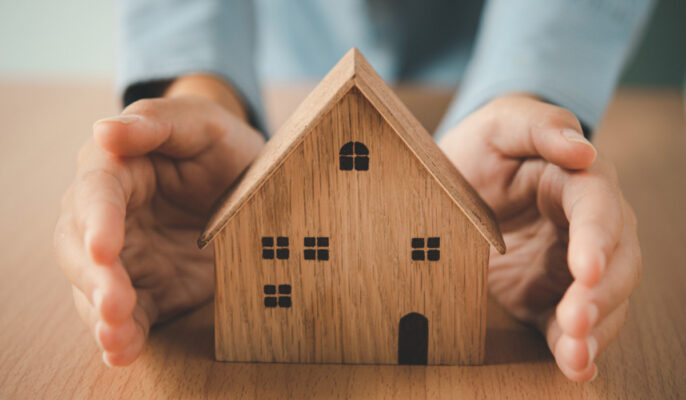

This is unimportant if all you're interested in is brand-new building. You might see houses from different eras, though, if you're ready to look at all the properties in your price range that fit your essential needs.
Older homes may have a unique charm, but they may also require more maintenance and improvements. In order to enjoy handling these initiatives, make sure you have the time, motivation, and resources.
When examining dwellings constructed in accordance with one set of building regulations as opposed to another, it would be beneficial to have a fundamental awareness of some of the more significant variances across time.
Your realtor might have this knowledge or would know where to find the answers. If you’re looking for a certain vintage and style, you might already be aware of how homes were constructed at that time..


You should decide your pricing range and get pre-approved for a loan before you even start browsing. A single-family home purchase is a significant financial commitment, and there are almost always factors other than the asking price. Consider how every expense will effect your finances, and be steadfast in your choice of price range and monthly mortgage payment.


You'll discover that some sellers are more motivated than others when looking for a home. Some people list their house on the market without any concern about whether it sells or not. If not, they are content to stay there and will try again in the future. There is typically not much price wiggle room with this kind of deal.
However, there are instances where a seller is quite eager to sell. Examples include having an estate sale, moving out of state due to a work relocation, or having two mortgages but only needing one after selling their home.
Your realtor will help you determine how motivated the seller might be and how to draft the offer and counteroffers to get the best price.
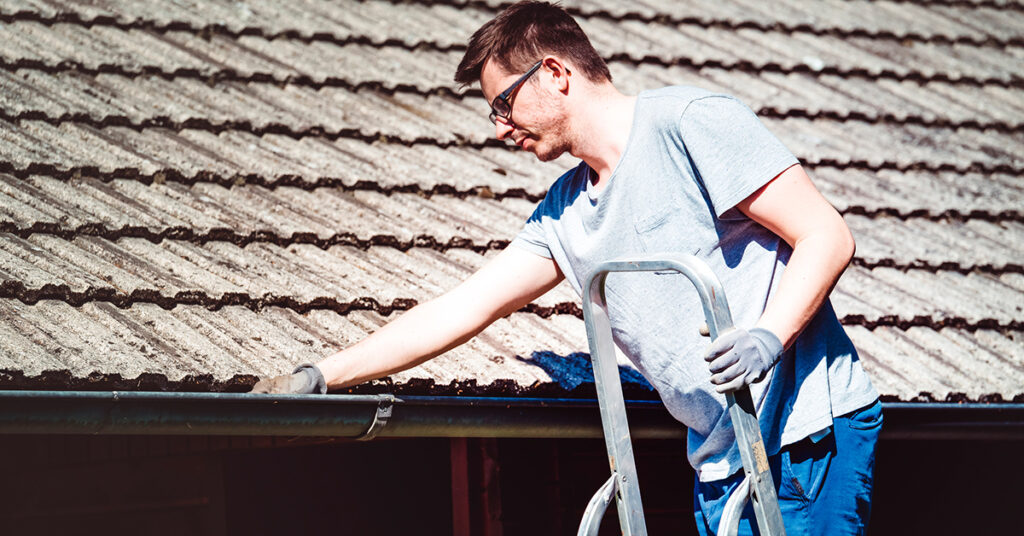

Unless you're purchasing a brand-new building, there is always a long list of potential maintenance issues. You are probably making a mental or written inventory of anything that needs a little assistance while you examine the home. They may be additions, replacements, or repairs of any size that would turn the house into a home.
While some items might only be primarily decorative, others might require significant resources to finish. Make sure to note them down and total the amounts. Is this a reasonable list, or will it cause chaos in your home or put you in a tight spot financially?
'Tuesday' start in the stock market, Sensex jumped 300 points, Nifty crossed 25,900

